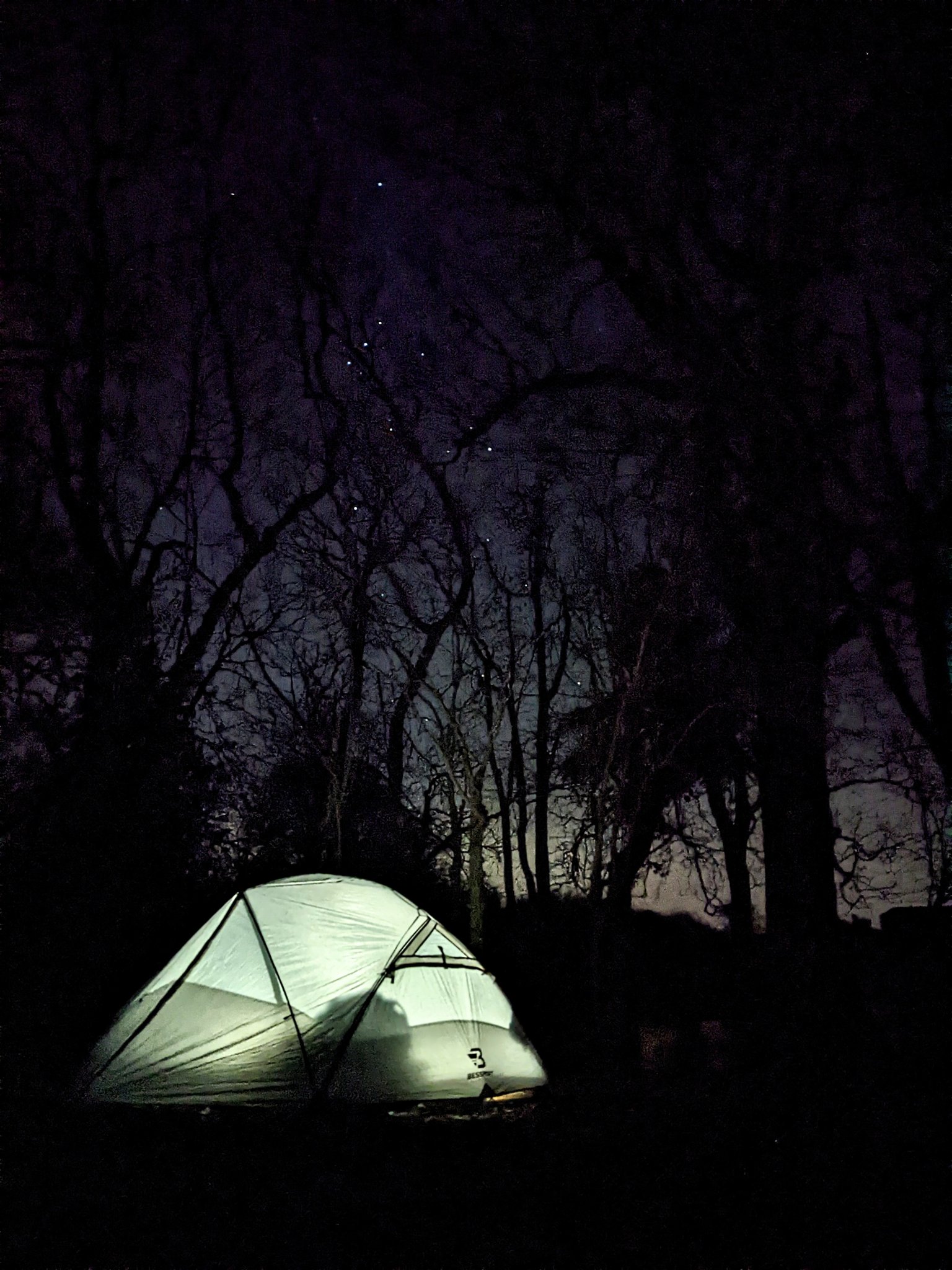How to Plan the Ultimate Camping Trip

Many of us have experienced camping in some shape or form before, whether camping out with a best friend in the back garden or pitching up for a weekend at a music festival. Indeed, camping can be seen as a national pastime in the UK, and one which is seeing a resurgence in popularity, as more and more people book out sites across the UK. Whether you’re a seasoned camper or it’s your first time, there are some simple ways you can make planning your camping trip a breeze. You will require camping supplies and a location. You can additionally check out a few articles on the dangers you may face while being out for a hiking and camping trip, which you can explore on sites such as Rilor Wilderness or similar blogs.
Moreover, here are three ways to plan your next adventure and help you with the big decisions.
Pick Out Your Tent
Your first consideration should be what kind of tent you’d like to call home for the duration of your trip. In order to choose the right tent for the holiday, you’ll need to factor in the kind of trip you’re taking. If you’re visiting a well-maintained private campsite, you won’t need a particularly rugged model – and may benefit from choosing a tent with a little more room, for storing possessions and potentially hosting friends if the weather takes a turn. For more adventurous wild-camping, backpack space will be at a premium, making a smaller tent a better choice. You may also need to factor in how many people are coming with you; sharing a tent that sleeps nine might make sense for a family excursion, while individual tents that sleep one might be better for a group hiking trip off the beaten path.
Where Will You Go?
Speaking of the ‘beaten path’, choosing where you intend to camp is one of the most fun aspects to planning any camping trip, especially if you do so with the friends or family you’ll be camping with. There are nearly 5000 campsites in the UK that provide tent pitch spots, spread all across the country and providing access to some of the most arresting countryside landscapes Europe has to offer. There are also innumerable places you can pick to camp ‘wild’, i.e.: in the wild, without a booking or reservation.
For the latter option, you will naturally need to take care in choosing a destination; much land in the UK is private, and you may need permission before pitching up there! For the former, though, researching the surrounding area before you book is a great way to narrow down your options – whether you’re looking for an area with great views and hiking routes, or an area with local attractions and hospitality site to kick back and relax in.
What Should You Take?
Last but certainly not least, you’ll need to make a comprehensive list of things you’re taking with you. Start with the basics, essentials and emergency items, in order to avoid finding yourself caught short in the middle of nowhere. Camping essentials include your tent, cooking equipment and cooking supplies, while emergency equipment might include additional fuel and a generator to power any equipment, whether charging phones or jumping your car battery. With the important stuff planned out, you can look to personal effects and other items for passing the time. If you’re camping wild, you’ll need to pack light, but more conventional campsite camping means you can let loose a little!
